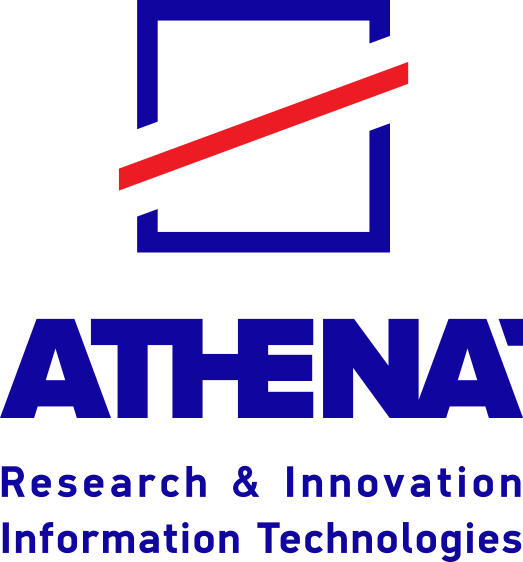NEWS
Archimedes AGT Afternoon Event (ΑAGTA) will take place on 4 February 2026 at Archimedes premises
2 February 2026
Archimedes AGT Afternoon Event (ΑAGTA) is a newly-established scientific event, focusing on Algorithmic Game Theory and Artificial Intelligence. The first AAGTA workshop will take place on 4 February 2026 at the Archimedes Amphitheatre at Archimedes Unit, Athena Reseach Center, Greece, and will feature two keynote speeches: one by Prof. Paul Goldberg of the University of Oxford, UK, and one by Prof. Christos Papadimitriou of Columbia University, USA and Archimedes Unit, Athena Reseach Center, Greece.

Archimedes Seminar by Michael I. Jordan on "Nonnegative Supermartingales, Sequential Testing, and Statistical Contract Theory"
28 January 2026
On Tuesday 10 February, 2026, from 3:00 pm to 5:00 pm, at the Archimedes Amphitheatre (1 Artemidos Street, 15125, Marousi, Archimedes, Athena Research Center, Greece), Michael I. Jordan (Researcher at Inria Paris, France, and Professor Emeritus in the Department of Electrical Engineering & Computer Science, and in the Department of Statistics at the University of California, Berkeley, USA, will deliver an Archimedes Seminar on "Nonnegative Supermartingales, Sequential Testing, and Statistical Contract Theory."

Archimedes Talk by Jason Milionis on "From Myerson to Automated Markets: New Research Directions in Exchange Design"
25 January 2026
On Wednesday 28 January, 2026, from 4:00 pm to 5:00 pm, at the Archimedes Amphitheatre (1 Artemidos Street, 15125, Marousi, Archimedes, Athena Research Center, Greece), Jason Milionis, a 5th and final year Ph.D. candidate in the Computer Science Department at Columbia University, USA, and a Senior Researcher at Category Labs, will deliver an Archimedes talk on "From Myerson to Automated Markets: New Research Directions in Exchange Design."

Archimedes Talk by Dimitris Giovanis on "Learning the “Right” Space for Data-driven Modeling and Uncertainty Quantification in Complex / Multiscale Systems"
20 January 2026
On Wednesday 4 February, 2026, from 1:00 pm to 2:00 pm, at the Archimedes Amphitheatre (1 Artemidos Street, 15125, Marousi, Archimedes, Athena Research Center, Greece), Professor Dimitris Giovanis, Assistant Research Professor in the Department of Civil and Systems Engineering, The Johns Hopkins University, USA, and fellow of the Hopkins Extreme Materials Institute, a member of the Center on Artificial Intelligence for Materials in Extreme Environments, the Institute for Data Intensive Engineering and Science, the Johns Hopkins Mathematical Institute for Data Science, and the Data Science and AI Institute, will deliver an Archimedes talk on "Learning the “Right” Space for Data-driven Modeling and Uncertainty Quantification in Complex / Multiscale Systems."




